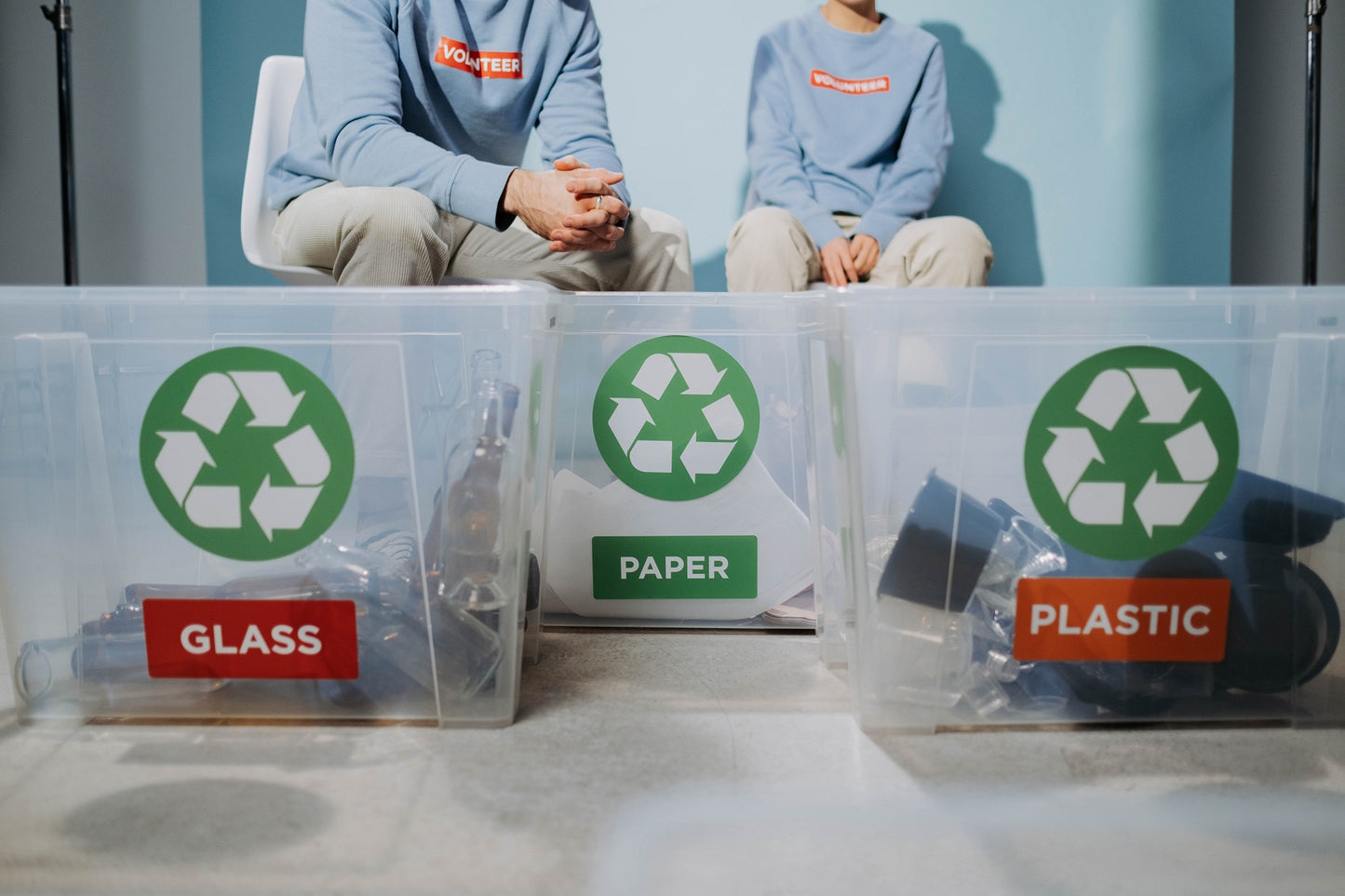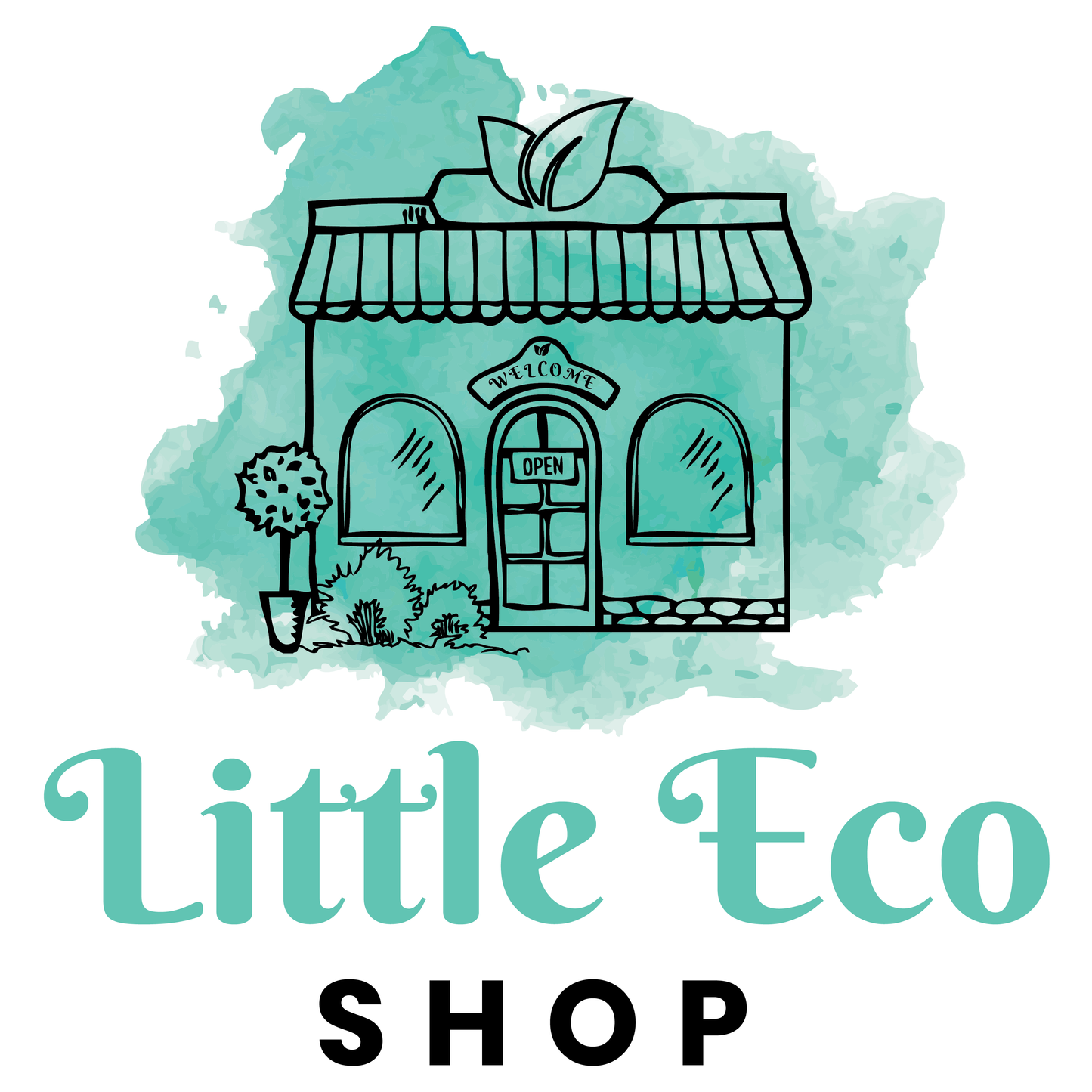
If you’re like me, recycling as much as possible is at the top of your priorities to limit what goes to landfill. The kerb-side recycling bin is a great place to start, but what happens when you have things that can’t go in the kerb-side bin? Advances in technology and the movement to a circular economy there are lots of ways to stop those ‘hard to recycle’ items from ending up in landfill. I’ll chat about a few of my favourite ways to recycle difficult things below.
How to manage hard to recycle items
If you’re like me, recycling as much as possible is at the top of your priorities to limit what goes to landfill. The kerb-side recycling bin is a great place to start, but what happens when you have things that can’t go in the kerb-side bin?
Advances in technology and the movement to a circular economy there are lots of ways to stop those ‘hard to recycle’ items from ending up in landfill. I’ll chat about a few of my favourite ways to recycle difficult things below.
Clothing and Textiles
There’s something really liberating about decluttering or refining your own wardrobe or your kids. Having only what you wear in your cupboards and drawers removes a lot of the mental load when getting ready each day. If clothes are still in good wearable condition you can look at selling them on preloved platforms to make a bit of spending money or donate to organisations for redistribution or sales via op-shops. Many organisations won’t accept underwear, but Support The Girls accepts donations of bras and crop tops in good condition.
“If you wouldn’t give it to a friend, don’t donate it and recycle instead”
When things aren’t wearable and not donatable there are still places to send them rather than to landfill. Clothing and textiles can’t go in the recycling bin, as they get tangled in sorting machinery. Natural fibres such as cotton and linen can be composted and are good to use in your worm farm or compost to keep in moisture. But for items that are synthetic, or you don’t have means to upcycle or reuse at home, these are my top places to use.
- Upparel will take most clothes, shoes, and textiles for recycling. You can find their full list here. Simply pack the things in a box, pay for the pick-up and a courier will come and collect from your doorstep. Best part, Upparel partner with some fantastic rewards partners so you can get send a voucher to redeem for recycling.
- Upparel X Kathmandu – currently only servicing the Melbourne area but you can now drop your old, used and faulty Kathmandu clothing into the designated bins across 24 stores to be sent to Upparel for reuse or recycling.
- H&M have collection boxes for textiles in every store that are redistributed if wearable or recycled if not.
- Old towels and bedding can be donated to local animal shelters and wildlife rescue centres. Do a quick google search to find one near you and get in contact with them to see if they could use your items before heading to drop them off.
- Tread Lightly is a footwear recycling program and is available at stores such as Rebel and Athletes Foot. They have collection bins across 400+ stores for your unwanted and pre-loved sports and active lifestyle shoes. Simply click here to find a collection point near you.
Stationery
Whilst there are lots of sustainable options for stationery these days- refillable pens being one of my favourites, we still end up with lots of pens and markers that are single use. Pens and markers that no longer work can be recycled at Officeworks.
Stationery in working condition that is surplus to requirement can be donated to organisations like Give Write in WA or local schools and childcare centres.
Damaged or broken stationery items such as folders and binders can be recycled by separating components (cardboard and metal) and putting in kerb-side recycling or with TerraCycle boxes.
Prescription Glasses & Sunnies
If you’re a glasses wearer you’d know that the frames are often the most expensive part of prescription glasses. Getting your frames repaired at your local optometrist is a great way to extend their life. You can also get the lenses replaced when your prescription changes, saving you money and preventing the waste of the existing frames.
Another option for those old frames is to sell them. There is quite a market for second hand frames on eBay and Etsy, and Sunglasses are popular on preloved platforms like Poshmark.
Kids and adults alike love a good dress-up prop. Simply pop the prescription lenses out and you have yourself the perfect prop for the dress up box or next fancy-dress party.
If all the above is not your thing, then make sure you take your old glasses with you when you drop into your optometrist. SpecSaver, in partnership with Lions Club International, have collection boxes for good condition frames and lenses to be donated for use by charitable organisations in developing countries. Check with your optometrist to see if they are collecting old frames.
Mobiles, Batteries and Tech
We all have that junk draw full of batteries, random cables/ tech, and old mobile phones. These items are a valuable resource in the recycling world and the demand for reclaimed eWaste is growing. But, before you go putting it into an eWaste collection box you might want to see if you can turn some of that junk into cash with the trade-in offers that are available through Apple, Officeworks, Optus and Telstra. Trade-in for store credit is available on many devices, which you can use on a new device or as credit on your bill.
If you’re looking to donate your old device, DV Safe Phone takes donated mobile phone and provides them to people escaping domestic violence to help them reconnect and make a safe new start.
Likewise, Mobile Muster collects all old mobile phones, working or not, and other devices including landline phones, smart devices (watches and speakers), and power cables and recycles them. They have drop off points or you can arrange a collection from your home.
While making the switch to rechargeable batteries is a great eco-friendly move, we still end up with single use batteries that can’t be disposed of in the council bin. Thankfully battery collection points are available at Aldi, Officeworks, Battery World, and a number of other independent businesses. I just keep a tub on hand to collect old batteries and when it is full, I take to my closest collection point.
Bunnings, Officeworks and community groups collect eWaste that is processes into individual materials and sold for reusing. The community groups often make money from the sale of the stripped eWaste- so have a look to see if you can find one near you if you would like to contribute to your local community with your eWaste recycling.
Bottle Caps & Bread tags
Bottle caps and bread tags are a couple of those pesky small plastic items you often wonder how to recycle them. They are too small to go straight in the recycle bin as they fall through the machinery that sorts the recycling at the waste transfer stations. A good place to start is your local council or waste management authority to see if you can put these in a plastic bottle with a lid for recycling. An old 2L milk bottle is great for this. You can cut a slot to post the caps through if too big to fit the neck of the bottle.
Oz Bread tags for Wheelchairs is a charity that collects bread tags across Australia and uses the fund from recycling to fund wheelchairs in developing countries. You can find your closest collection point on their website.
Similarly, Lids 4 Kids, a charity started in Victoria collects plastic bottle tops/ caps for recycling. Lids are passed on to partners who create new products and keep the lids out of landfill. Only some states are operating at the moment, so check out their website for details.
The Banish Recycling and Disposal Program (BRAD) accepts both bottle caps and bread tags, so if the above is not possible, this is a good option and you can send other items from their program in the same box- how convenient!
Medication Packaging
Medication blister packaging has been one of those things until recently that has not had any option other than the landfill bin due to it being mixed materials. Thankfully now there are a few places that have created a process to recycle blister packs.
Now there’s a way to manage all medication packaging- bottles or boxes in the recycling bin and the blister packs can be dropped off or sent off via Pharmacycle or Terracycle collection boxes.
Pharmacycle have collection boxes popping up in pharmacies across Australia so jump on their website to find your closest place or recycle at home by purchasing a satchel to send back.
Terracycle have collection points starting to roll out across Australia, or you can buy a box or send to BRAD.
Conclusion
Exciting, new advances are always happening in the recycling and circular economy spaces, with much investment and an uptick in technological developments. More and more ‘hard to recycle’ items now have solutions becoming available, with manufacturers taking a product lifecycle view in their product development frameworks.
Sharing the knowledge about these recycling programs is essential to their uptake and success. I would love you to comment below with any of your tips or approaches to how you manage ‘hard to recycle items’, and the places that you recycle them.

Comments
Thanks for giving in 1 article all of the information to recycle.
Frankie 4 shop (Winston) has a bin inside the shop to collect old shoes.
I used to give all of my item that are not recycled in the yellow bin to the Vessel Nundah shop but they are closing down. That was great to have only 1 place to go instead of multiple places.
Thank you for the great job.
Lucie